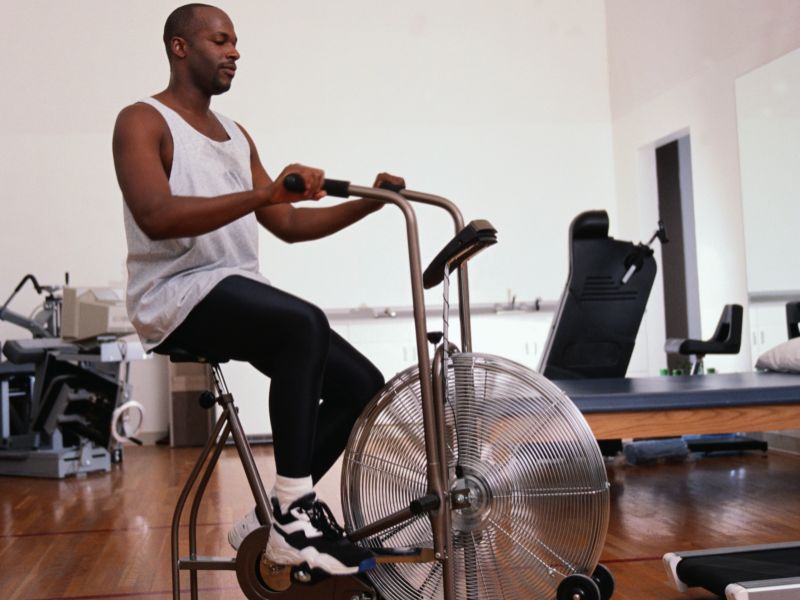
When children are having suicidal thoughts, their parents may often be in the dark, a new study shows. The study included more than 5,000 kids, aged 11 to 17, and one parent for each child. Researchers found that among the children, 8 percent said they had contemplated suicide at some time. But only half of… read on >


















